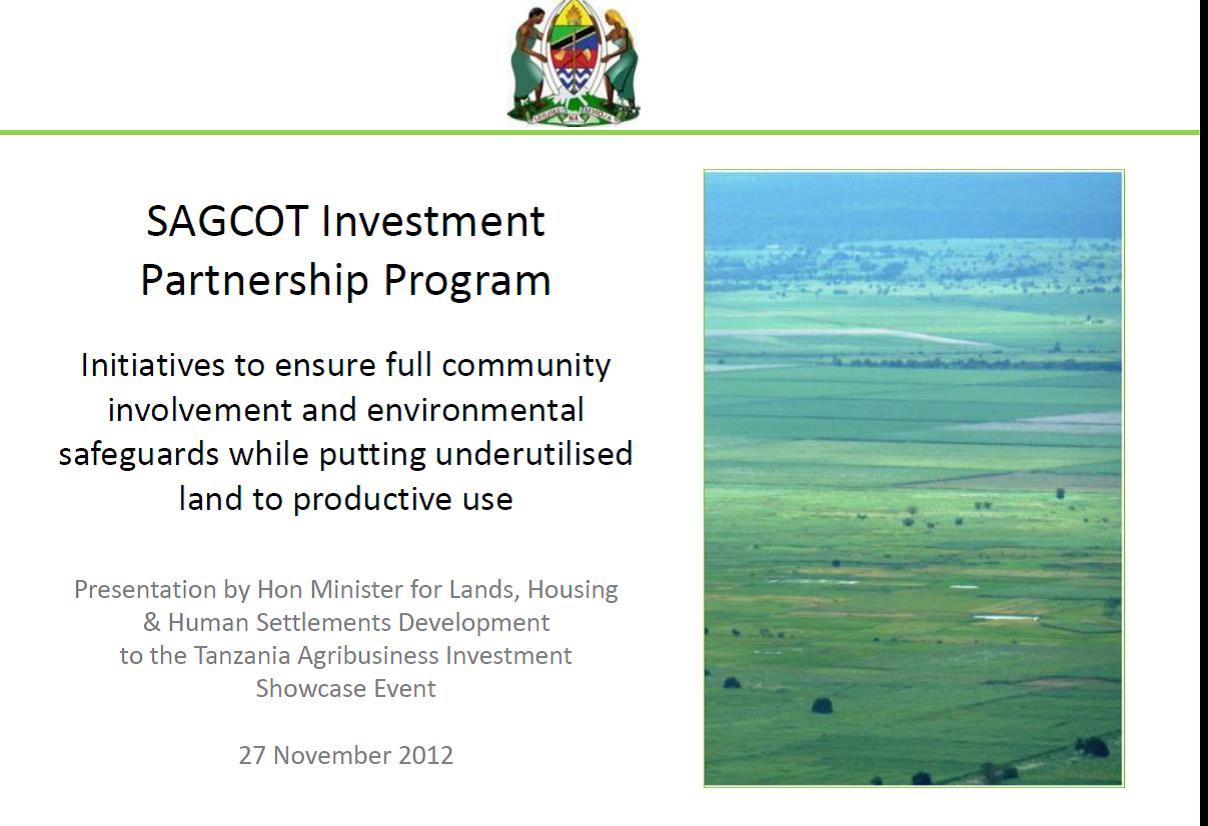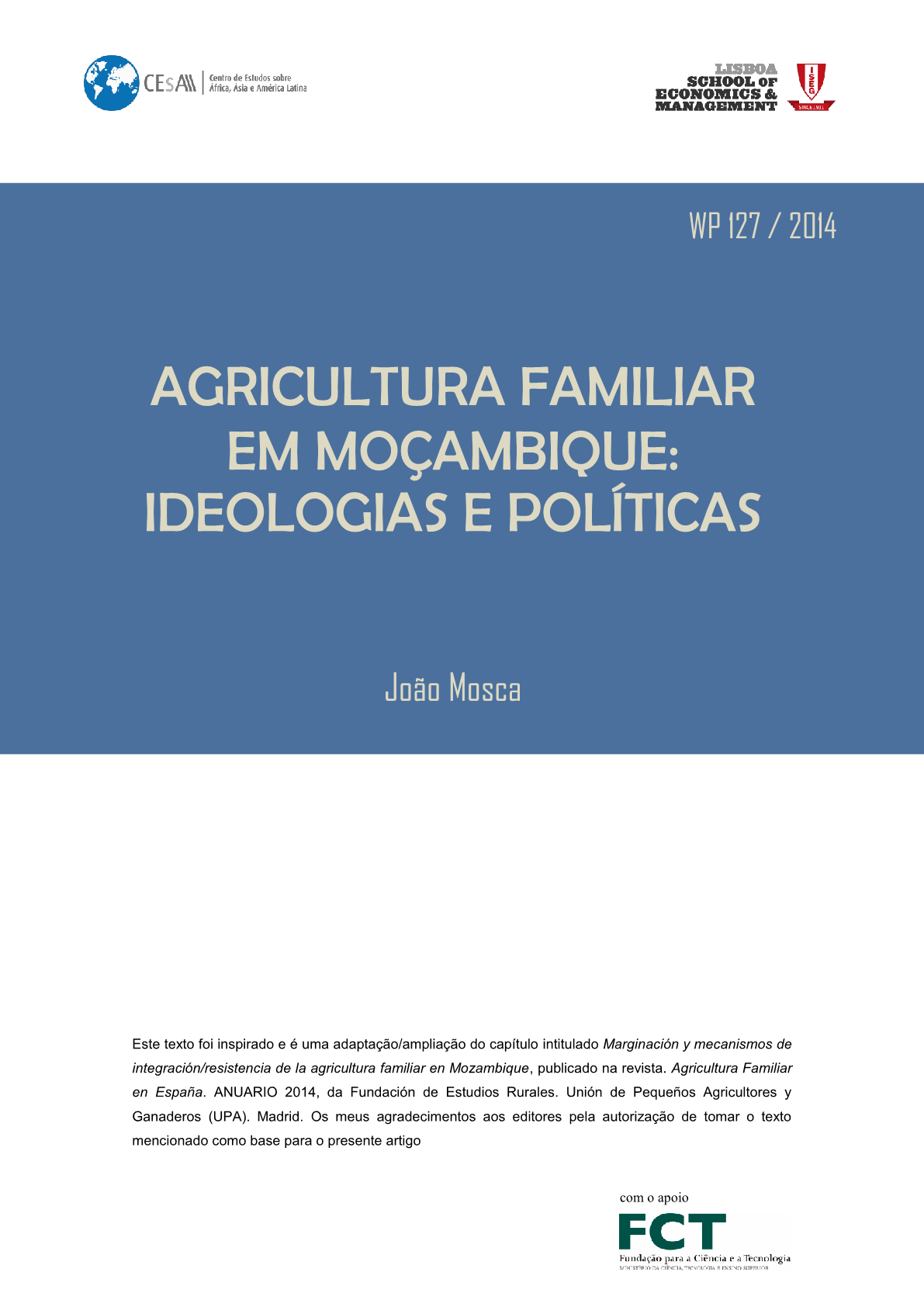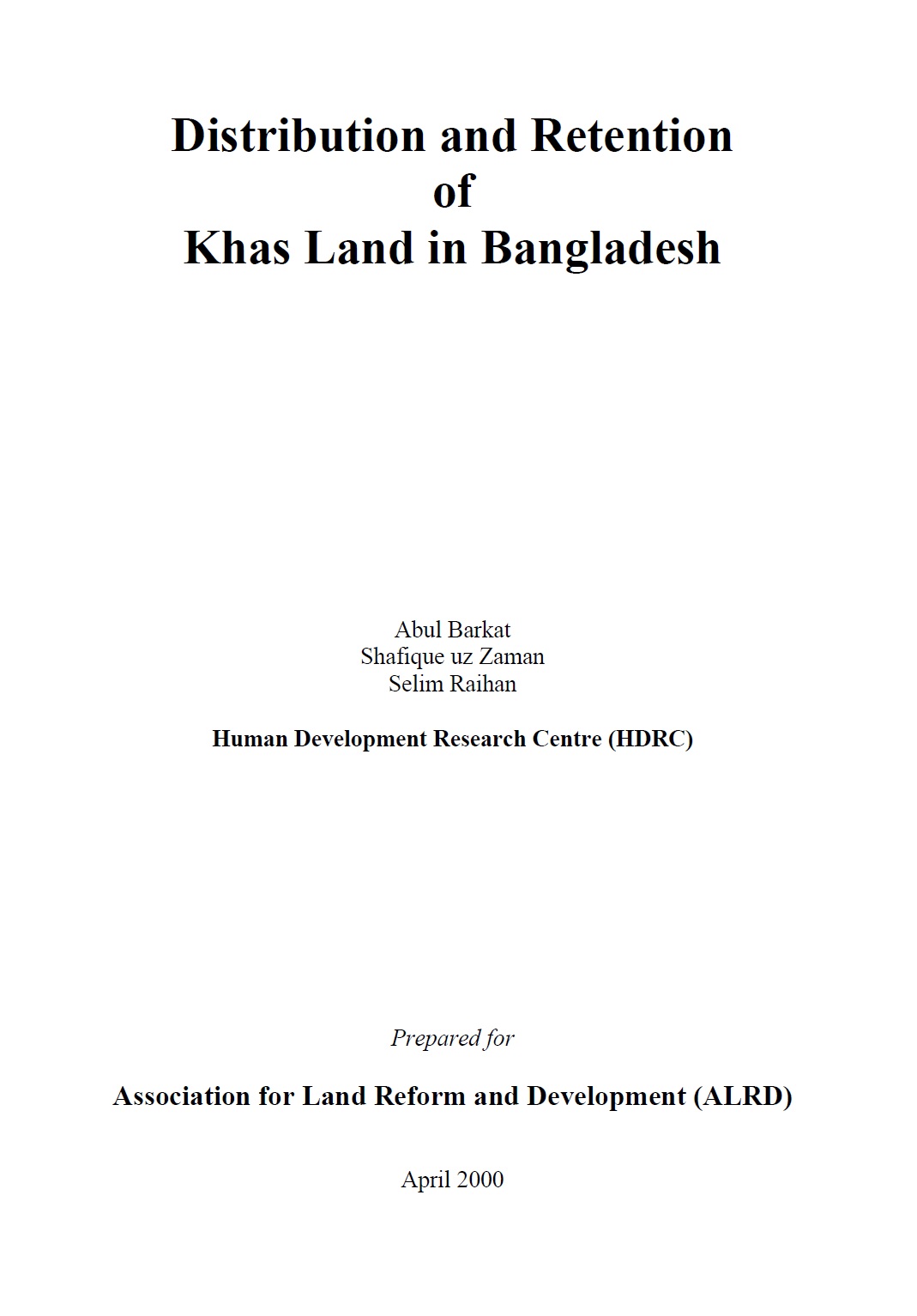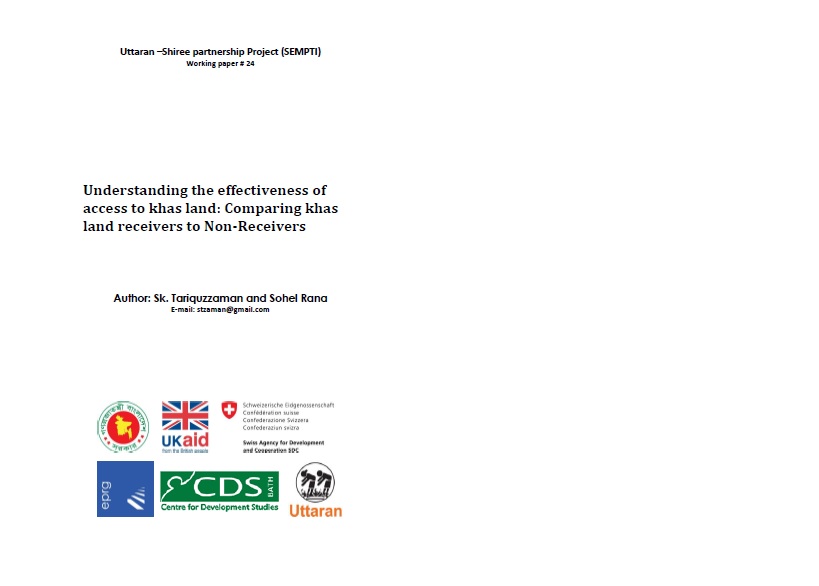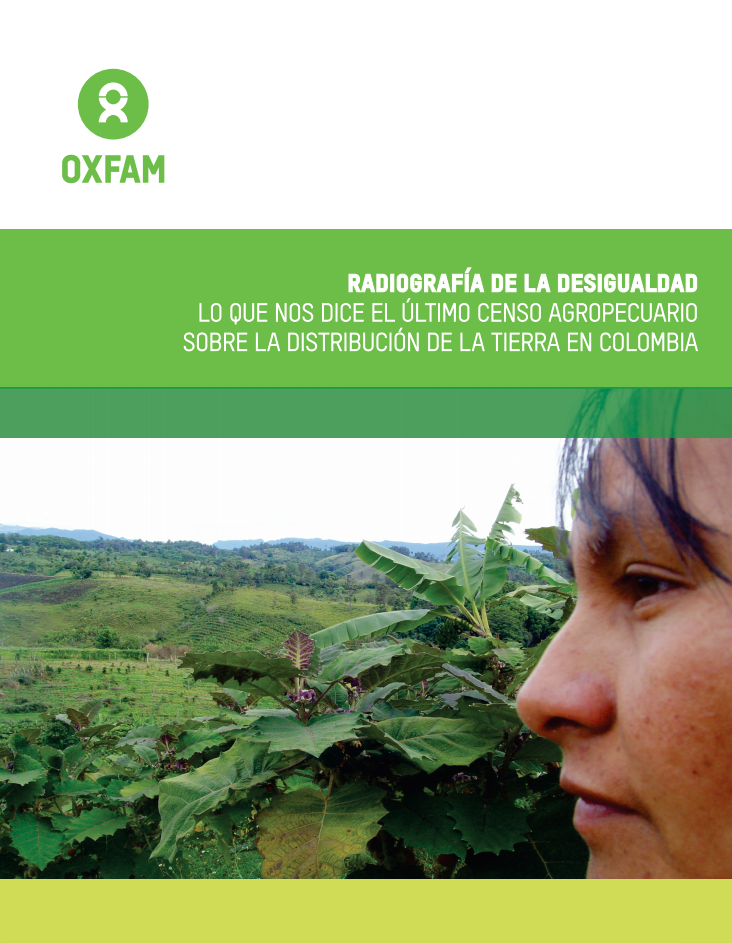Capacity of local land administration has to be addressed for further strengthening the governance system with a view to deriving the benefits of socio-economic, political and cultural development for the common people of this country. It is true that in Bangladesh, voice in favour of effective land administration and management is becoming louder at the national level. Representatives of LGIs, development workers, civil society members and international development partners, time and again, are raising and firmly advocating this long-drawn issue at policy level.

